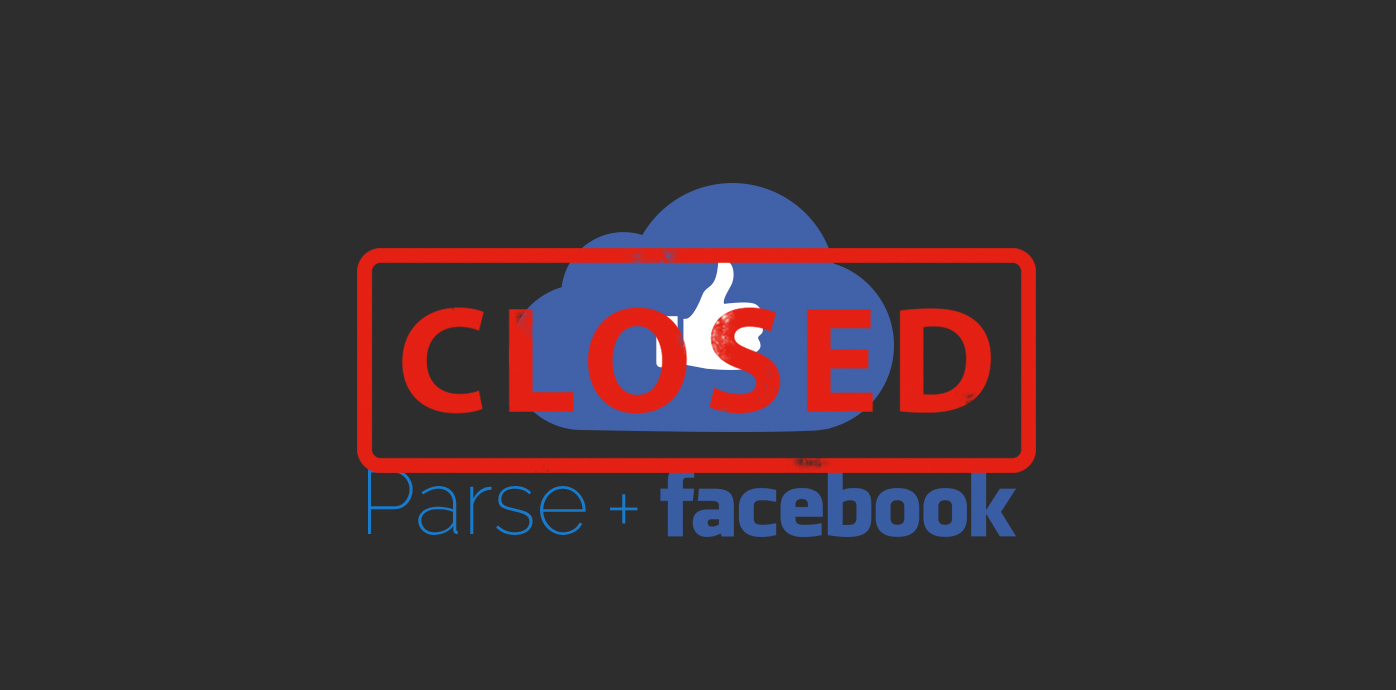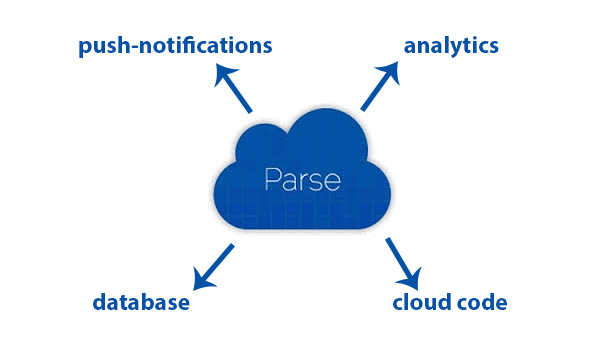Parse shutdown. What’s next?


Life without changes is not interesting. Sometimes cloud services and applications shut down. Sometimes it pushes new beginnings, that can change the world. In this article we will dive into the Parse shutdown announcement. What happened? The most breaking news in technology world of January this year are about Parse
Life without changes is not interesting. Sometimes cloud services and applications shut down. Sometimes it pushes new beginnings, that can change the world. In this article we will dive into the Parse shutdown announcement.
What happened?
The most breaking news in technology world of January this year are about Parse shutdown. Facebook announced it will begin winding the service down immediately, and shutter it entirely on January 28, 2017.
The company understands that this won’t be an easy transition, and they’re working hard to make this process as easy as possible. Facebook is committed to maintaining the backend service during the sunset period, and is providing several tools to help applications to migrate to other services.
What’s Parse?
Parse is a cloud app platform that enables users to add a scalable and powerful backend to launch a full-featured app. It allowed to deploy backend for mobile apps without code, Parse was about perfect in terms of pricing, reliability, and feature set.
The main features of Parse:
- push-notifications;
- analytics;
- databases;
- cloud code.

Parse was founded in 2011 previously at Google and Y Combinator. In 2013 it was acquired by Facebook for $85 million and was powering 500,000 apps in 2014 according to Wikipedia.
What’s next?
The Parse API will continue to function, though Facebook is also releasing a database migration tool to help developers transition to a MongoDB database. The company is also releasing its open source Parse Server to run an API from a Node.js server.
There are many alternatives to Parse and they are all good options. The main difference lies on the set of features and pricing conditions they offer.
Of course, the most valuable solution is to create your own backend from scratch. You can include there all features that you need and adapt it to your projects. But still, that will take you some time for the development. If you want to use the alternative service today, here is a list of most useful services in this case:
Firebase: the most common alternative to Parse
It has many of the features present in Parse but it adds some nice ones like: custom business logic, offline synchronisation management & in app purchase.
Furthermore, it provides means to observe changes on the remote database so you can distribute changes in your model in real time. This is a really valuable feature and combined with user management, schema-less data store and analytics made, Firebase is a great option if you need real time – multiple device communication.
Bassbox & Kinto: open-source alternatives
Bassbox is in a different category where other options, such as Kinto from Mozilla, lie in. The product is open source so you can download and install it wherever you want. However, if you need a cloud service, like the one provided by Parse, then you will need to pull out your credit card. The pricing only depends on the amount of storage, which is indeed pretty convenient.
The set of features is really small but it has what one expect to from an out of the box solution; these are: user management (login, sign up, relation between users), data storage, push notifications, among others. It is a very good alternative for people who only use a small fraction of what Parse provides, probably 80% of us.
BackendLess: the most entire solution
This SaaS offers cloud or local solution for developing apps on all major platforms. By installing Backendless you get all their products all-in-one:
mBaaS: user management, geolocation, analytics, data streaming, push notifications etc.;
Hosting: file editor, graphical file management, file upload etc.;
API Engine: API generation, API inspector, Swagger integration etc.;
Marketplace: ability to receive new database connectors, code generators etc.





 facebook
facebook
 twitter
twitter





















